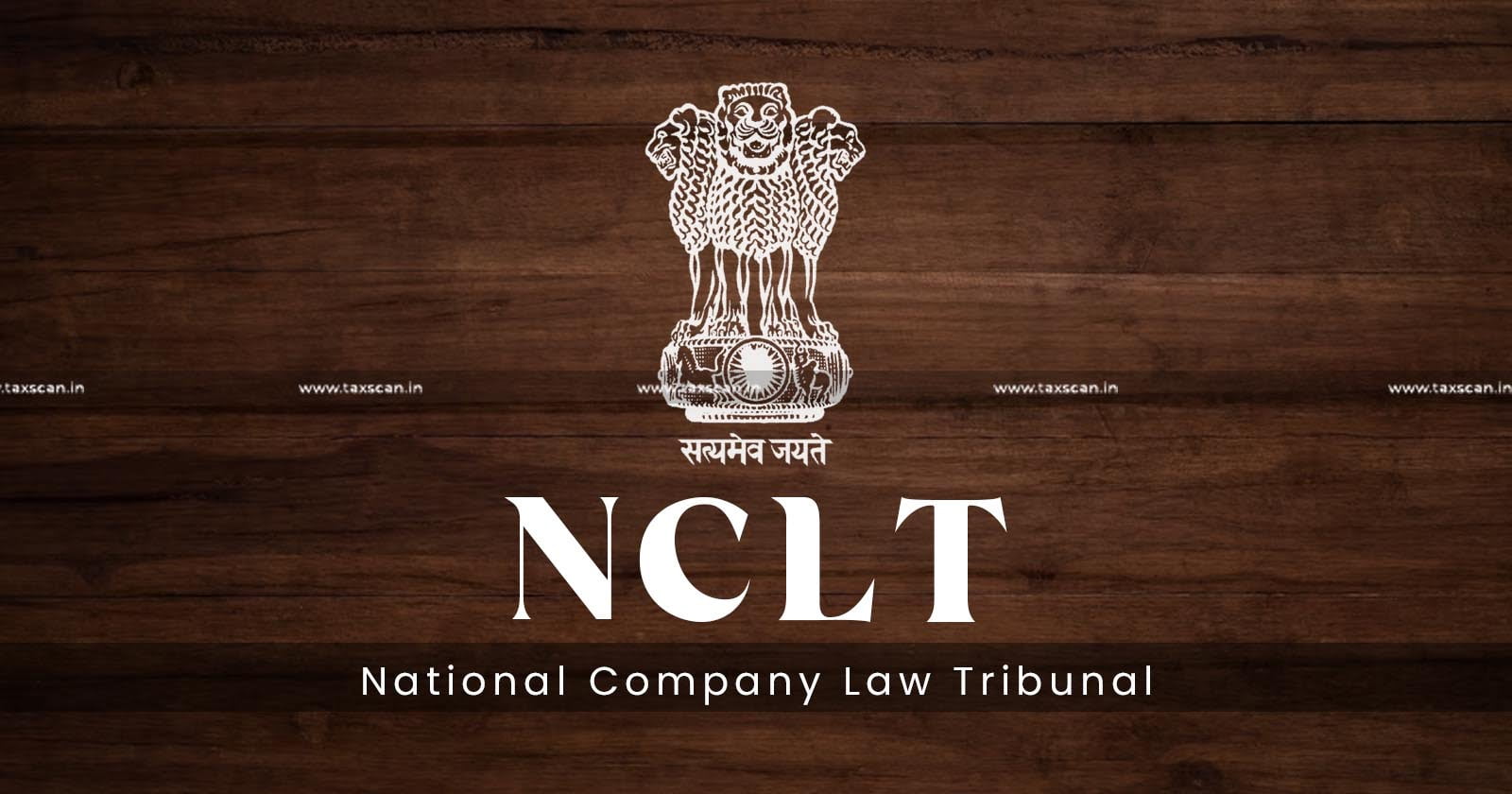Indemnity obligation on a guarantee is not an operational debt: NCLT [Read Order]
While dismissing the petition, the NCLT held that the petition was not maintainable under Section 9 of the IBC due to the lack of privity of contract between the Petitioner and the Respondent

Indemnity – obligation – guarantee – operational debt – NCLT – taxscan
Indemnity – obligation – guarantee – operational debt – NCLT – taxscan
The Chandigarh bench of the National Company Law Tribunal ( NCLT ) held that the indemnity obligation of a guarantee is not applicable in cases involving operational debt. It was observed that operational debt, under the Insolvency and Bankruptcy Code ( IBC ), includes claims for goods or services provided. It also covers debts from employment and obligations to the government or local authorities.
Agarwal Foundries Private Limited, the Petitioner supplied TMT bars to the Empathy Infra & Engineering Pvt. Ltd. or the Nirvana Project in Pune, Maharashtra, under the assurance that POSCO E&C India Private Limited, the Respondent would act as a guarantor for the payment. This assurance was allegedly confirmed via email.
As the third party failed to settle the outstanding amount, the Petitioner issued multiple demand notices to both the third party and the Respondent. The Petitioner argued that the Respondent committed to covering the third party's dues if it defaulted. Feeling aggrieved, the Petitioner approached the National Company Law Tribunal Chandigarh and filed a petition under Section 9 of the Insolvency and Bankruptcy Code, 2016 for initiation of the Corporate Insolvency Resolution Process ( CIRP ) due to the default of the third party in paying Rs. 2,11,68,580/-.
The Petitioner argued that corporate guarantors are considered financial debtors and that CIRP can be initiated against them without first proceeding against the principal borrower. On the other hand, the Respondent argued that the Petitioner was not an operational creditor as defined under IBC since the goods were supplied to the third party and not the Respondent. It argued that the definition of operational debt does not include guarantees which is different from financial debt.
The Tribunal observed that CIRP cannot be initiated against the Respondent because there was no privity of contract between the Petitioner and the Respondent. It noted that the Petitioner failed to provide substantial evidence or documentation to support its claim that the Respondent had guaranteed the payment on behalf of the third party. The email referred by the Petitioner, allegedly extending the assurance of payment, was sent by an employee without authority and didn't constitute a valid guarantee by the company.
The two-member bench of Harnam Singh Thakur ( Judicial Member ) and LN Gupta ( Technical Member ) viewed that an indemnity obligation refers to a commitment by one party, the indemnifier to compensate another party, the indemnitee for losses or damages incurred.
While dismissing the petition, the NCLT held that the petition was not maintainable under Section 9 of the IBC due to the lack of privity of contract between the Petitioner and the Respondent.
To Read the full text of the Order CLICK HERE
Support our journalism by subscribing to Taxscan premium. Follow us on Telegram for quick updates


